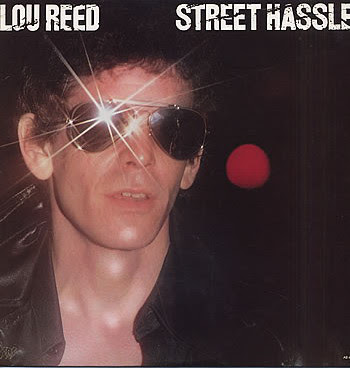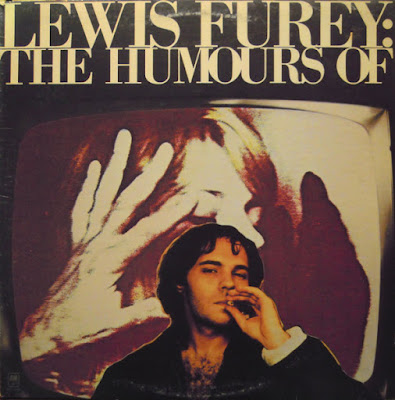You have every album by The Velvet Underground, Lou Reed, John Cale and even Moe Tucker, yet you haven’t yet purchased or heard Angus MacLise? That’s a shame. On the other hand, it’s not too late! MacLise (1938-1979) was the first drummer for the Velvet Underground. Not only the keeper of time/beats for that band, but also a composer, poet calligrapher, and occultist. MacLise was an early member of the legendary Le Monte Young’s band, Theater of Eternal Music, which also had Marian Zazeela, Tony Conrad, Terry Riley, and future Velvet member, John Cale.

MacLise is very much of a shadow figure in those days, due not only to being part of the Avant-Garde scene, but also according to Cale, he lived in his own time-zone, which he Cale commented as “living on the Angus calendar.” In other words, he wouldn’t show up for recordings or live gigs, and often disappeared for days. The Velvets were offered a paying gig, and MacLise quit the band, claiming that was selling out. And Moe Tucker replaced the drummer, and history was recorded.
MacLise moved to Berkeley where he met and married Hetty McGee and they soon had a son, Ossian Kennard MacLise, who oddly enough was recognized as the reincarnation of a Tibetan Saint and became a Buddhist monk at the age of four. This, of course, leads the family to Nepal. Tragically, MacLise died in Katmandu at the age of 41. A true adventurer on many accounts, and basically what we have left on this planet is various artworks, some writings, and the vinyl record album “New York Electronic, 1965.”

1965 was the entrance for many amazing things happening in Manhattan. The arts were exploding in different directions and in many mediums. Film, painting, poetry, literature was the ingredients put into the big bowl of soup. Some artists took all the ingredients to make their own art, and MacLise was one of those artists who knew no wall or boundaries when it came to art making - or working in a laboratory of his own making - to record sounds. With the assistance of John Cale and Tony Conrad, these insane artists came up with some pure magic. The thing is, as you can gather, MacLise was not the most organized person on this boho planet Manhattan. It took years for those who loved or in fascination with MacLise to find these tapes. So, “Electronic, 1965” is very much an enjoyable document of a time, when things were really shaking in the creative landscape of New York City.

The essence of these recording, for me, is the adventure of exploring the unknown. It has a relationship with what was happening in France, with respect to the Musique Concrete scene, but here, it is almost like a punk rock version of that world. It’s music made by young men, who are enthralled with the world in front of them. For me, listening to this album doesn’t represent 2016, but more of a beautiful snapshot of the past, when things were very new. Artists like Jack Smith, Ron Rice were making independent 8mm/16mm films, and MacLise and company were supplying the soundtrack to these cinematic works.

The sounds on this album are very organic. Reels of tape speeding up/down, electronic blips, glass hitting against glass, percussion, feedback, gongs, ghost-like sounds, piano chords, string instruments, kitchen tools, various sci-fi sounds and what one would imagine would be the whole world of Angus MacLise. At times, I imagine if one put their head under water, some of these sounds would be heard. The echo and far-off aural delights that come and go on this album.
Besides this album, there have been other recordings put out by various people. Sub Rosa also put out a CD collection of his music, but now is out-of-print. Boo Hooray in New York City also have made vinyl editions of MacLise’s music. He’s an important figure in New York underground world. For one, he knew everyone who had the legendary touch during those years. And he himself is a man of mystery. We know when he was born and where he died, but the essence of him is very much like his music. Hypnotic, ghost-like, and yet, a very positive presentation he left on this planet. He rules the universe, even in death. “New York Electronic, 1965, ” is a very essential recording. Those who have an interest in the New York culture of the 60’s or have a deep interest in the avant-garde world of that time, must have this album. Beyond that, for today, it is still as fresh as the sun arising.

















